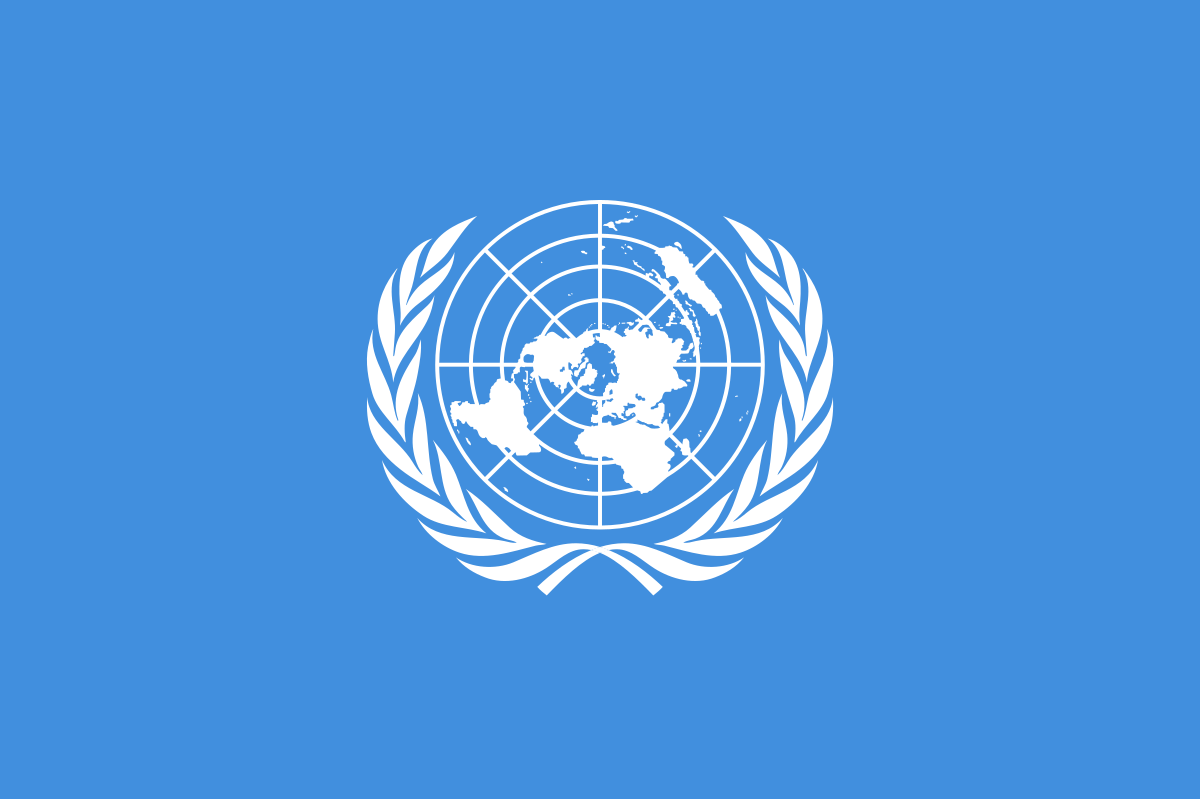JOINT STATEMENT
UNITED NATIONS QUESTION TURKEY ON THE FATE AND WHEREABOUTS OF FORCIBLY DEPORTED ARMENIANS IN 1915-1923
Guided by pan-Armenian interests on behalf of our respective organizations and institutions we welcome the joint action of the United Nations (UN) Working Group on Enforced or Involuntary Disappearances, the UN Special Rapporteur on the promotion and protection of the right to freedom of opinion and expression, and the UN Special Rapporteur on the promotion of truth, justice, reparation and guarantees of non-recurrence, which, in the framework of their mandates, addressed a Joint Allegation Letter to the Government of the Republic of Turkey.
This Joint Allegation marks an important step in the process of demanding from the Republic of Turkey to come to terms with the Past and primarily to fulfil its duty of investigation and to ensure the right of victims to the truth, justice and reparations.
Read also
It stresses the alleging violations attributable to Turkey in relation to the tragic events that affected the Armenian minority from 1915 to 1923, and their consequences for the population concerned.
It expresses concern at the reported Turkish State denial, at the legislation restraining freedom of opinion and of expression related to some wording, and ensuing lack of progress in establishing the truth and ensuring justice for the forcible deportation of Armenians between 1915 and 1923, which resulted in massive suffering, ill-treatment and deaths.
It also emphasizes that this situation affects the dignity of victims and of their descendants.
The Mandates holders solicited the observations of the Government of Republic of Turkey concerning the submitted allegation, in particular:
- What measures has Turkey taken to establish the facts, including the fate or whereabouts of Armenians who were subjected to forced internal displacement, detention, extrajudicial killings and enforced disappearances during the period of 1915-1923?
- What measures have been taken to ensure the right of victims and of society as a whole to know the truth about these events, and to ensure the right of victims to justice and reparations for the damage suffered?
- What measures have been taken to locate, insofar as possible, the bodies of Armenians who died as a result of these events?
- To provide information about the reasons for the adoption of the 2017 legislation preventing lawmakers from making certain expressions. To explain how this is compatible with international human rights law, in particular with article 19 of the International Covenant on Civil and Political Rights (ICCPR).
- To provide detailed information about the cases in which Article 301 of the Criminal Code has been applied to punish individuals for statements made alleging crimes against Armenians.
The Government of Turkey on May 17th 2019 bluntly refuses to answer those questions by UN human rights mechanisms.
We praise the special procedures engaged by the WGEID and the two Special Rapporteurs and we support the pursuit of this unprecedented and important process.
While this effort is not a substitute for genocide recognition or full and adequate reparations for the mass atrocities and confiscations of properties suffered by the Armenians during this period, actions by the relevant United Nations human rights organs would constitute significant steps toward the disclosure of the truth and redress for this open wound on humanity.
Holy See of Etchmiadzin – HH Karekin II (Vagharshapat, Republic of Armenia)
Catholicosate of Antelias – HH Aram I (Beirut, Republic of Lebanon)
Armenian Evangelical World Council (USA)
Armenian General Benevolent Union (USA)
Armenian Missionary Association of America (USA)
























































